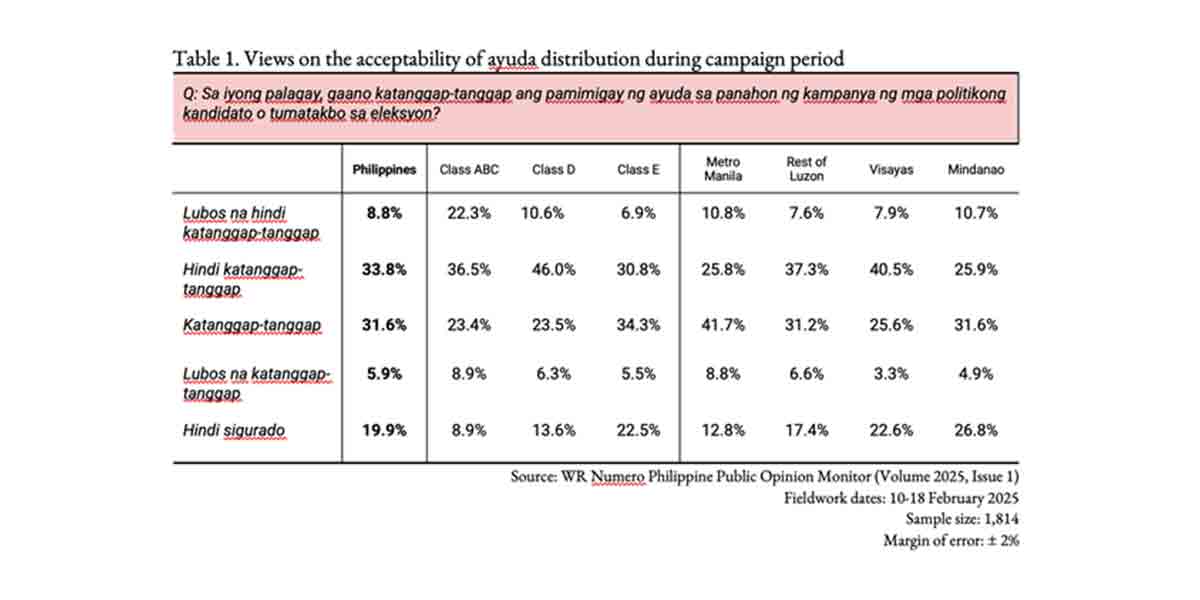By Dolly Yasa
BACOLOD City – Negros Occidental Vice Governor Jeffrey Ferrer confirmed that the Sangguniang Panlalawigan has approved the province’s 2022 annual budget in the amount of P5.719 billion for the General Fund and P188.846 million for the Economic Enterprise Development Department.
Ferrer said the SP convened Tuesday last week in a face-to-face session to approve the budget.
Governor Eugenio Jose Lacson thanked Ferrer and the Provincial Board for approving the budget.
The governor said that “given the circumstances, it is important that at the start of the year, the annual budget is already in place. Our annual expenditure program was designed to better address the exigent concerns of the province.”
Lacson also said that the 2022 budget is geared towards the Negrenses’s recovery from the coronavirus disease 2019 (COVID-19).
He also said that the health crisis resulted in a shift in the priorities and spending policies of the province and its primary goal now is to recover and get back on track under the new normal.
“The pandemic has tested us to adapt and reset, if need be. Our annual budget for the year 2022 is a testament of our hopes, resilience, and faith as a people,” he said.
On the other hand, the Bacolod City Council approved this city’s P3.2-billion annual budget for 2022.
Vice Mayor El Cid Familiaran said the appropriation is higher by about 18 percent or approximately P600 million compared to the 2021 annual budget of P2.6 billion.
The vice mayor said health programs have been prioritized in next year’s budget with the city’s continued response to the COVID-19 pandemic and efforts towards economic recovery.
A committee hearing was conducted by Councilor Cindy Rojas, chairperson of the Council’s Committee on Appropriation, Budget and Finance, prior to the approval of the budget.
Earlier, Familiaran said the increase in the 2022 budget was due to the Mandanas Ruling issued by the Supreme Court, which stated that the just share of local government units, also known as Internal Revenue Allotment, must be computed based on all national taxes and not just from National Internal Revenue Taxes.





















